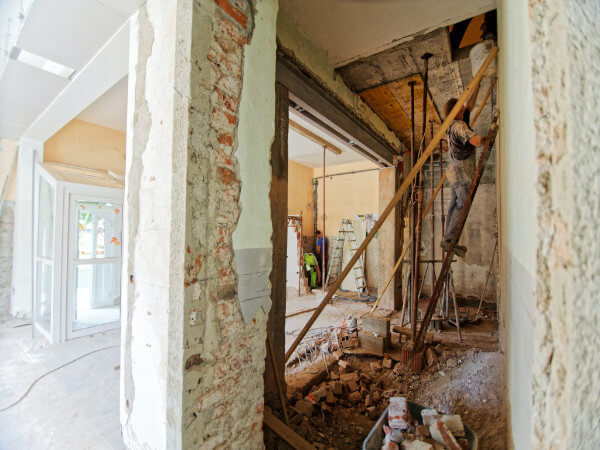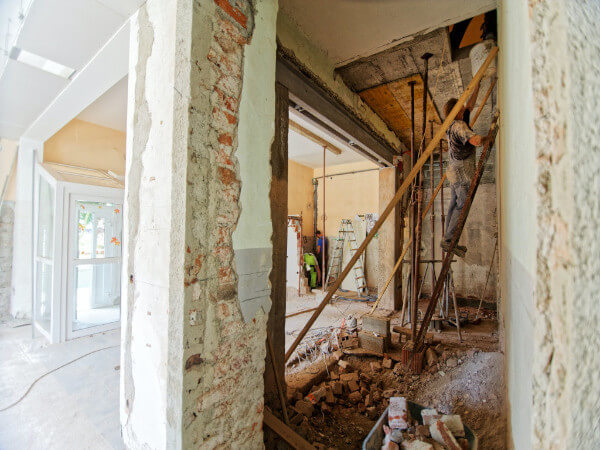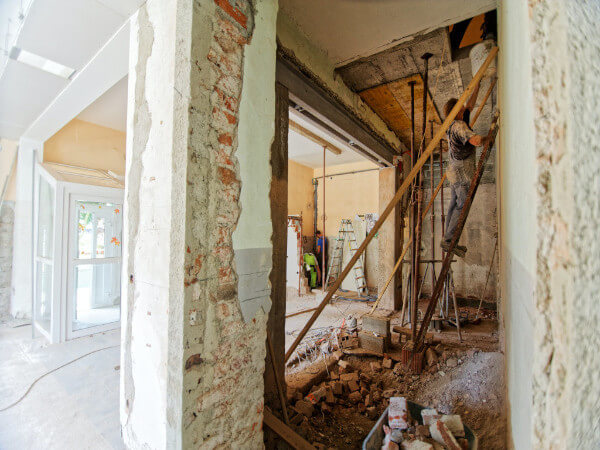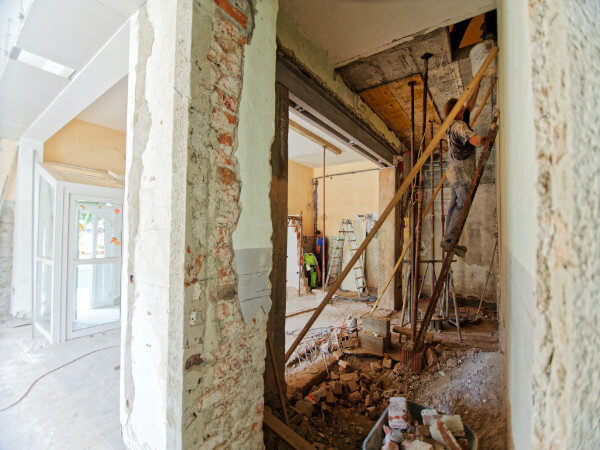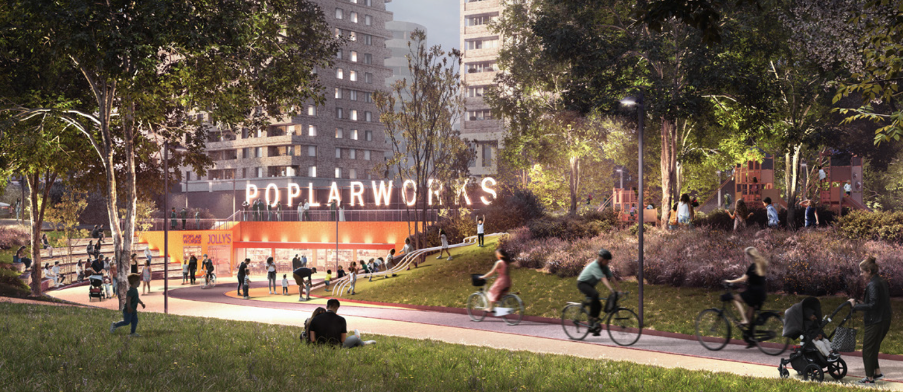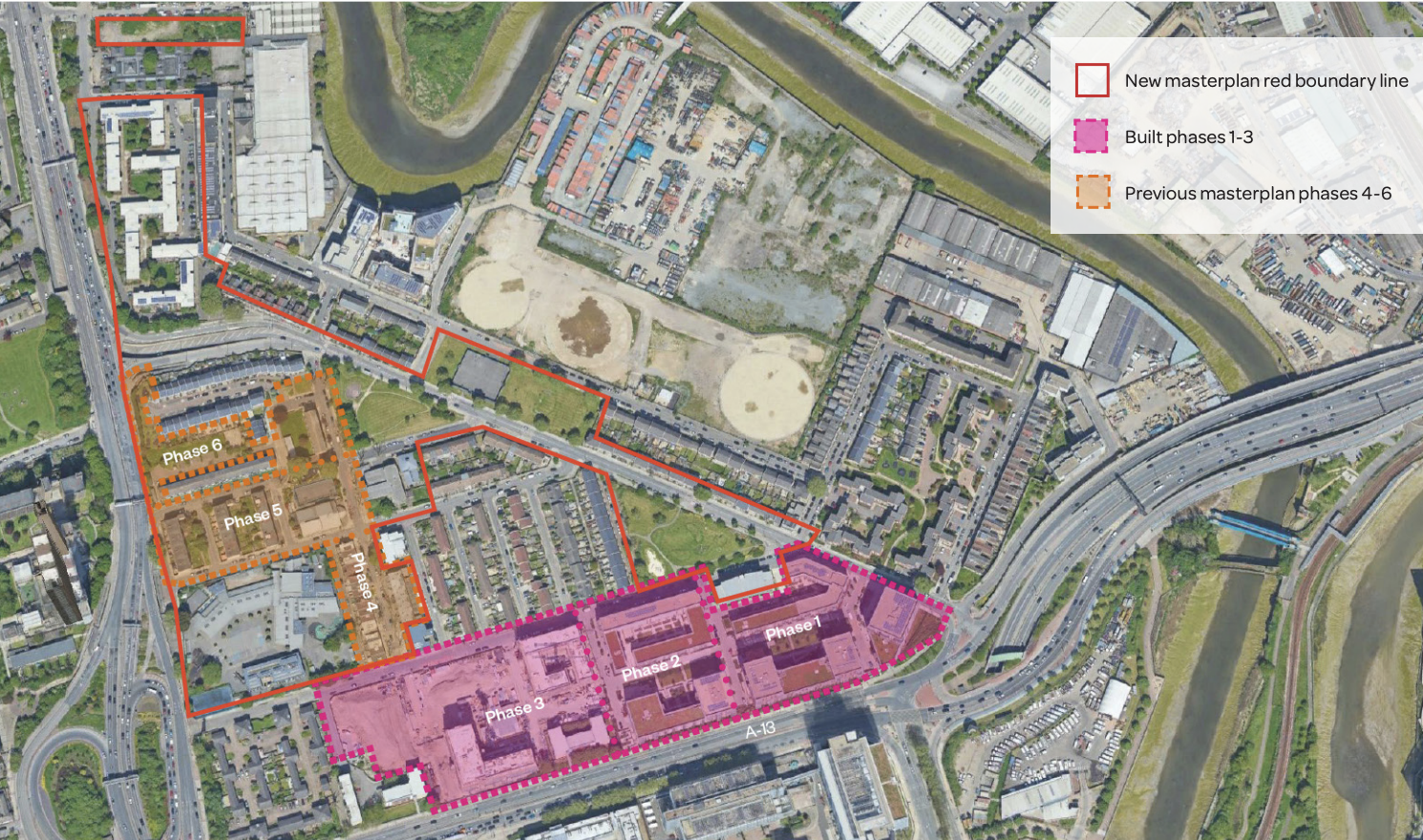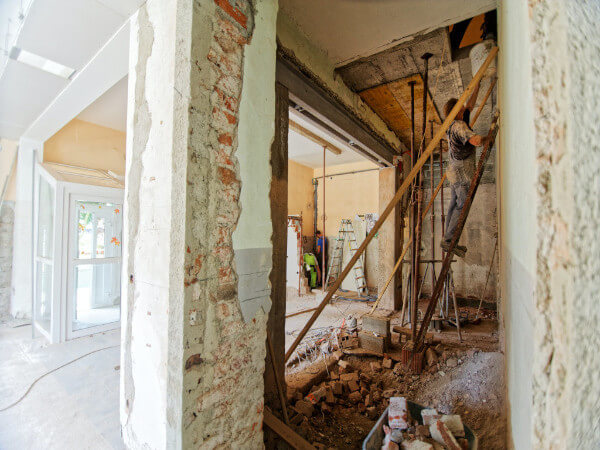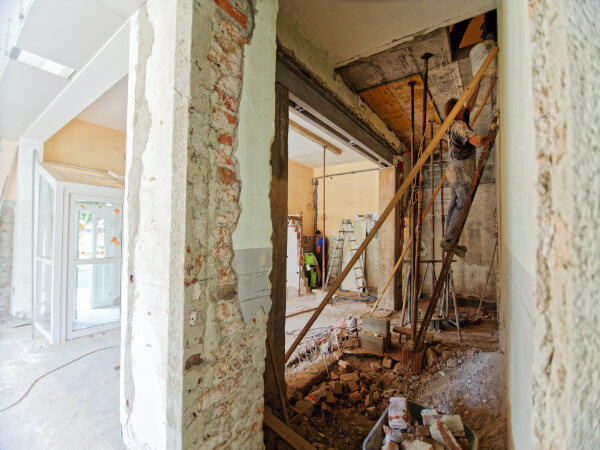Advisors at the National Infrastructure Commission have announced the sectors that will “sit at the heart”of its next major assessment of the country’s investment priorities.
Key areas will include identifying the infrastructure needed for hydrogen and carbon capture and storage to decarbonise parts of the economy, improving recycling rates and surface transport within and between cities and towns.
The commission will undertake focused work to help address unanswered questions around the net zero transition, such as defining the limits of heat pumps for home heating, the role of hydrogen in heat and the future of the gas grid and exploring ways of reducing congestion and future demand on roads.
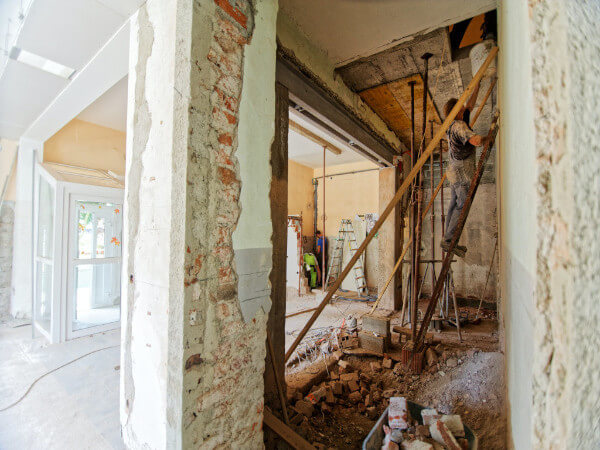
All sectors will need to take the opportunities offered by new digital technologies to cut costs, enhance service quality and improve resilience.
A baseline report published today to prepare for 2023’s Assessment surveys the current state of the digital, energy, flood resilience, water and wastewater, waste and transport sectors.
It paints a mixed picture of UK infrastructure, with networks performing well in some areas but with significant work necessary in others to meet the challenges posed by climate change, environmental decline and behaviour change. It notes:
The UK has made significant progress on gigabit broadband rollout and there is wide reach of 4G mobile connectivity, though there is further to go to avoid any places being left behind;Major strides in decarbonising electricity generation, with around 40% of electricity generated from renewable sources, though there is still a need for substantial further reductions to reach near zero emissions by 2035;Limited progress so far on the transition to low carbon heating for homes, with a ‘stop start’ approach to energy efficiency policy;Emissions from transport have not been declining despite improvements in engine efficiency and although electric vehicle charge point numbers are increasing, the pace needs to pick up to enable a transition to electric vehicles in the 2020s and 2030s;Despite increased government funding, there remains a continued risk of flooding to more than five million properties in England – including more than three million at risk of surface water flooding – and flood resilience is the area commanding lowest public confidence in the Commission’s social research;While the number of serious pollution incidents caused by water companies has decreased from 2002, serious pollution incidents from water and sewerage have plateaued since 2014 at an unacceptably high level;Overall recycling rates have also plateaued and greenhouse gas emissions from waste have begun to rise since 2014 due to incineration for energy generation;While the public are largely satisfied with national roads overall, there are wide variations on rail performance, public concern over the condition of local roads is high and urban transport connectivity is poor in many places;A continuing reliance on private cars means congestion has a big impact on travel within city regions, particularly at peak times, while in many instances driving remains a quicker option than public transport for travel both within and between cities.
The nine projects set out in the baseline report address three strategic themes the Commission has decided will frame the second National Infrastructure Assessment: reaching net zero, reducing environmental impacts and building resilience to climate change, and helping level up communities across the UK.

The Assessment will set out costed policy recommendations to government over the next 10 – 30 years. It will explicitly consider the affordability of the required investment and how costs and savings will be spread across different groups in society and between consumers and taxpayers.
The first Assessment, published in 2018, led to government publishing the UK’s first ever National Infrastructure Strategy, which committed to implementing the majority of the Commission’s recommendations including the creation of the UK Infrastructure Bank.

Sir John Armitt, Chair of the Commission, said the three strategic themes “each pose urgent and wide ranging questions. Each draw broad political and public support for their end goal. Each, however, offer few quick wins or cheap fixes.”
He added: “We will now embark on this work – informed by input and insight from industry, political leaders, representative bodies, other organisations across the country and the public – and formulate policy recommendations to put forward to government.”
A Call for Evidence process has been launched, with interested stakeholders invited to submit data to the Commission to inform work on the topics it has identified. The Commission will also undertake sector events, regional visits and social research as it develops its recommendations.
It was also announced that the upper end of the ‘fiscal remit’ within which the Commission must formulate its recommendations has been lifted from 1.2% of GDP a year to 1.3% of GDP – potentially representing billions of pounds in additional investment in infrastructure over the long term.


